“Even if you do everything the right way, it does not guarantee success and receiving a particular grant the first time. After all, there are individual peculiarities in every situation,” warns Roman Kifliuk, a media expert and consultant for the International Media Support for Ukraine.
The expert advises getting over the problem and not dwelling on unpleasant incidents in the past. Instead, one should move forward not paying attention to obstacles.
“The reputation of the mass media, compliance with journalistic standards – all donors pay attention to this,” emphasizes Roman.
To prove that you are virtuous, just your assurance of this will not be enough. And even large grant-makers do not have the ability to thoroughly monitor whether you adhere to journalistic standards or not. Therefore, they use information from such documents as, for example, the Map Of Recommended Media In Ukraine created by the Institute of Mass Information and Detector Media. If earlier only large mass media were included in this list, now any media from Ukraine can be included in it. Therefore, I advise you to contact these organizations so that they monitor the work of your newsroom and that you get on this list. This will be a very strong guarantee that you can receive support in the future.
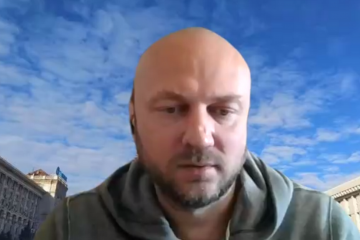
In the current difficult situation, grant applications often include a request for salary assistance for current survival. At the same time, donors prefer to give funds not just for survival but for development. Therefore, it is worth cooperating with large organizations that are well-known to donors, have already proven themselves well, and are trusted by donors. For example, practice shows that instead of distributing funds among small newsrooms, it is more convenient for the donor to transfer a certain grant amount to such powerful and popular organizations as the National Union of Journalists of Ukraine (NUJU), the Institute of Mass Information, the Lviv Media Forum, and others. So, we have a list of the most popular organizations with which you can cooperate in matters of obtaining grants.
It is much more difficult to get a grant on your own. It’s like boxing: there are different weight categories, and if you’re a very strong boxer in a lightweight category, it’s very difficult for you to fight heavyweights for objective reasons.
I highly recommend participating in various events, conferences, and training sessions both in Ukraine and, no matter how difficult it may be for the newsroom, abroad. After all, this will give you the opportunity to communicate informally on the sidelines and learn about grants that were not widely announced, get to know potential grant donors personally and gain a certain element of trust on their part. Therefore, participation in events is not only new knowledge but also a big bonus in receiving grants.
When applying for a grant, it is important that you have previous experience working with grant providers. A novice for a donor means a lot of unknowns and a certain risk since there is little information about the applicant. Therefore, donors prefer to go for small grants.
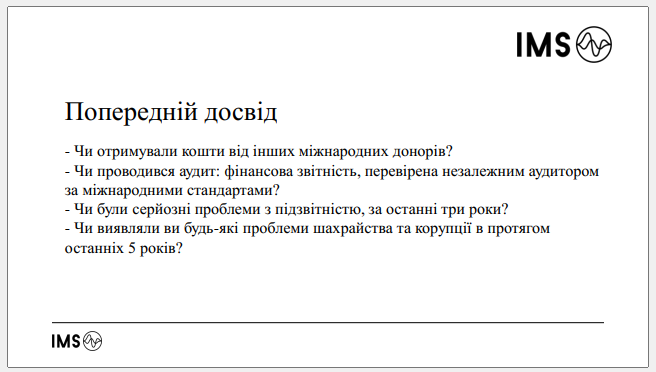
I strongly recommend not to spare time and effort to start with small grants. After all, the important fact here is not the amount you receive but the importance of the reputation you will gain when you submit all the reports on spending the received funds on time, clearly showing that you spent the funds as intended, etc. Then, after a small grant, larger ones might be provided.
Implementation of internal policies and practices. I want to say that some organizations also give grants for policy development. After all, if your organization has certain rules and policies that help you act transparently and develop, it will increase trust in you on the part of donors.
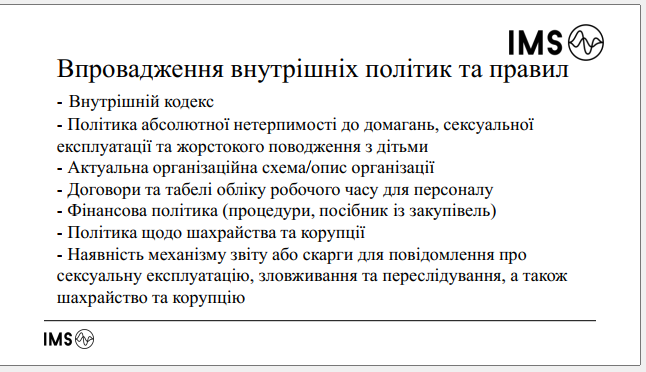
Of course, many matters are provided for within the Newsroom Statute, but I want to tell you that this document is not enough for grant-givers; they need to know, for example, whether the policy of zero tolerance for harassment, sexual exploitation, and child abuse is in place, whether the gender policy is in place, etc. Therefore, you should develop an Internal Code that prescribes the rules that you establish for the activities of your organization.
The Internal Code is needed to avoid scandals such as the one that took place recently when the host of the Rada TV channel compared Putin to autistic people. This is absolutely unacceptable from the point of view of ethics; it offends people with special needs.
A good plus for your newsroom will be an up-to-date organizational chart of editorial work, which clearly spells out subordination, who is responsible for what, time sheets in both electronic and paper form, how labor is paid, what form of financial reporting, and so on.
Thus, ethics and finances are on the same level; these are two important whales on which the possibility of receiving financial assistance rests.
An important document is the risk map. Our editors often mention one risk – war. In fact, there are many more risks (for example, the risks may include the fact that employees may move to another city or even beyond Ukraine).
In conclusion, we have many local publications where the editor and several other employees working in the newsroom are fighting for the preservation of their newspaper. They need help, and to get that help, I would advise you to thoroughly prepare all the documents. The documents do not have to be voluminous like those of large organizations such as the BBC. The Internal Code can be written, for example, on one A4 sheet. But all the documents I mentioned are important in the process of obtaining grants and should be in the newsroom.
And I repeat: small newsrooms should cooperate with the National Union of Journalists of Ukraine (NUJU), which provides great assistance to newsrooms in the frontline and de-occupied territories, and other large associations that actively cooperate with donor organizations.
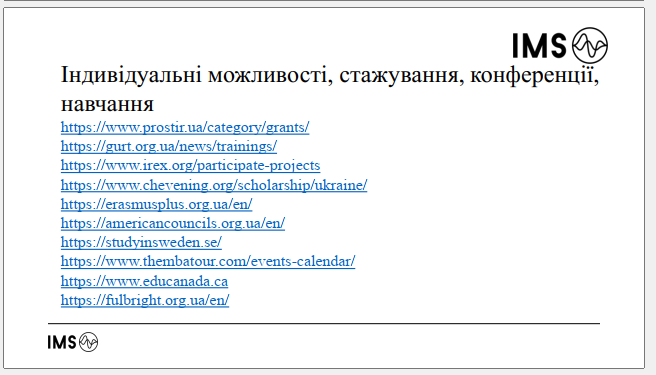
Olha Voitsekhivska, Journalist of Ukraine

 THE NATIONAL UNION OF
JOURNALISTS OF UKRAINE
THE NATIONAL UNION OF
JOURNALISTS OF UKRAINE

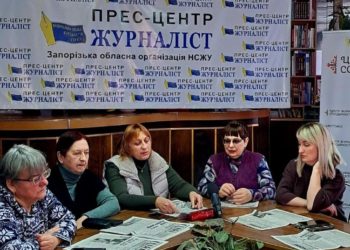














Discussion about this post